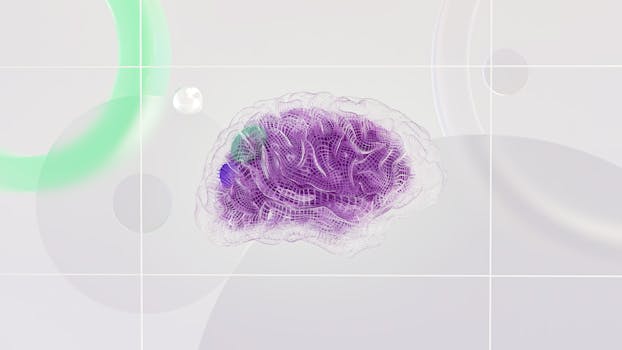
Exploring the Future: Technologies That Will Change Our Lives
As we stand on the brink of a new era, the technological advancements unfolding around us promise to reshape our lives in profound ways. In this article, we will delve into the most exciting future technologies that are set to revolutionize industries, enhance our daily lives, and address some of the most pressing challenges we face today.
Table of Contents
- Artificial Intelligence and Machine Learning
- Blockchain Technology
- Robotics and Automation
- Sustainable Energy Solutions
- The Internet of Things (IoT)
Artificial Intelligence and Machine Learning


In the coming years, we can expect AI to become even more integrated into our daily lives. Virtual assistants will evolve to understand context and sentiment, making interactions smoother. Moreover, AI-driven analytics will help businesses optimize operations and provide better customer experiences.
AI’s impact on industries like healthcare is particularly noteworthy. With the ability to analyze vast amounts of medical data, AI can assist in diagnosing diseases, predicting patient outcomes, and personalizing treatment plans. As AI continues to advance, ethical considerations surrounding its use will also need to be addressed to ensure fairness and accountability.
Blockchain Technology

By providing a secure and immutable ledger, blockchain enhances trust among parties involved in transactions. This technology can streamline processes, reduce fraud, and eliminate intermediaries, leading to cost savings and increased efficiency.
Future applications of blockchain could include secure identity verification, smart contracts that automatically execute transactions when conditions are met, and transparent supply chains that ensure product authenticity. As businesses and governments explore blockchain solutions, its potential to reshape traditional systems is immense.
Robotics and Automation

In the manufacturing sector, collaborative robots, or cobots, work alongside human workers to improve efficiency and reduce risks. In healthcare, robotic surgery systems are enabling surgeons to perform complex procedures with greater accuracy and less invasiveness.
Looking ahead, we can anticipate the rise of autonomous systems, such as self-driving vehicles and drones, which will transform transportation and logistics. As robotics technology continues to evolve, ethical considerations regarding employment and safety will become increasingly important.
Sustainable Energy Solutions

Advancements in solar panel efficiency, for instance, are driving down costs and increasing energy output. Similarly, developments in wind turbine technology are enabling the harnessing of wind power in diverse environments. Energy storage solutions, such as advanced batteries, play a crucial role in addressing the intermittent nature of renewable energy sources.
In the future, smart grids will enable more efficient energy distribution and consumption, integrating renewable sources while ensuring reliability. As we transition toward a more sustainable energy landscape, these technologies will be vital in reducing our carbon footprint and promoting environmental stewardship.
The Internet of Things (IoT)

Smart homes equipped with IoT devices allow homeowners to control lighting, heating, and security systems remotely. In industries, IoT sensors can monitor equipment performance, predict maintenance needs, and optimize supply chains.
As IoT technology continues to advance, we can expect to see even more integration of smart devices in our lives. However, this also raises concerns about data privacy and security, which will need to be addressed as the IoT ecosystem expands.







